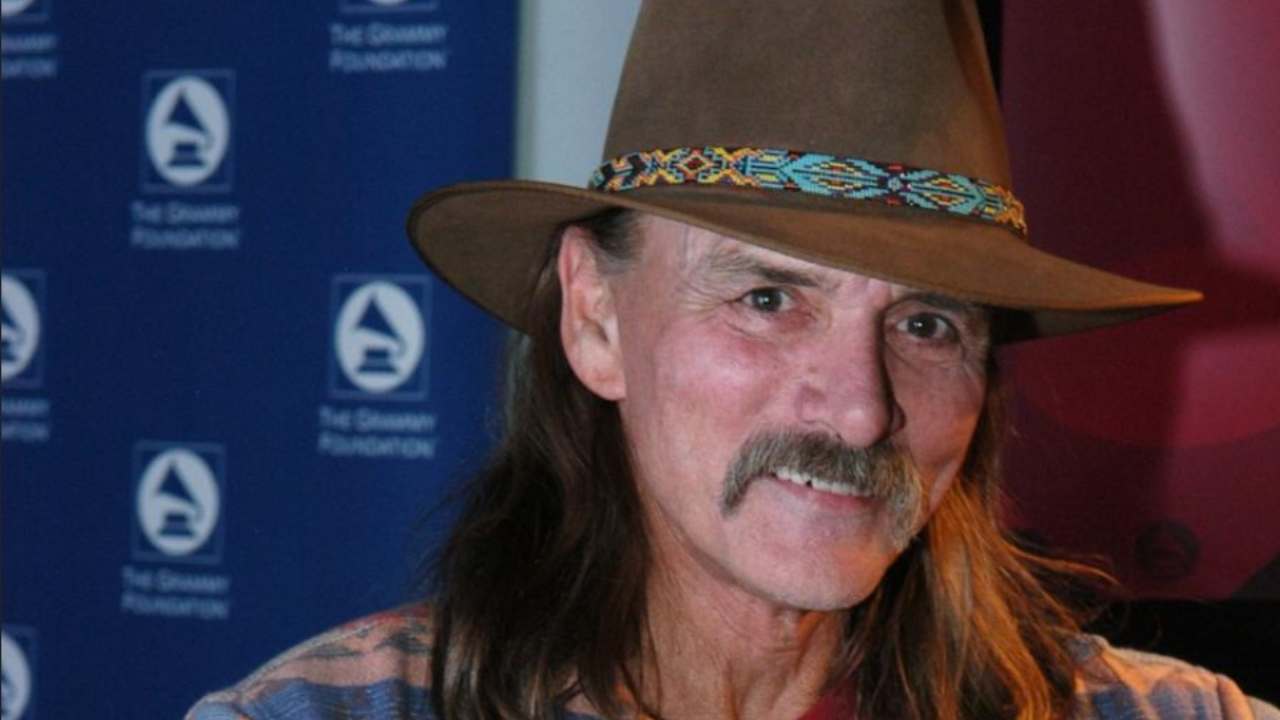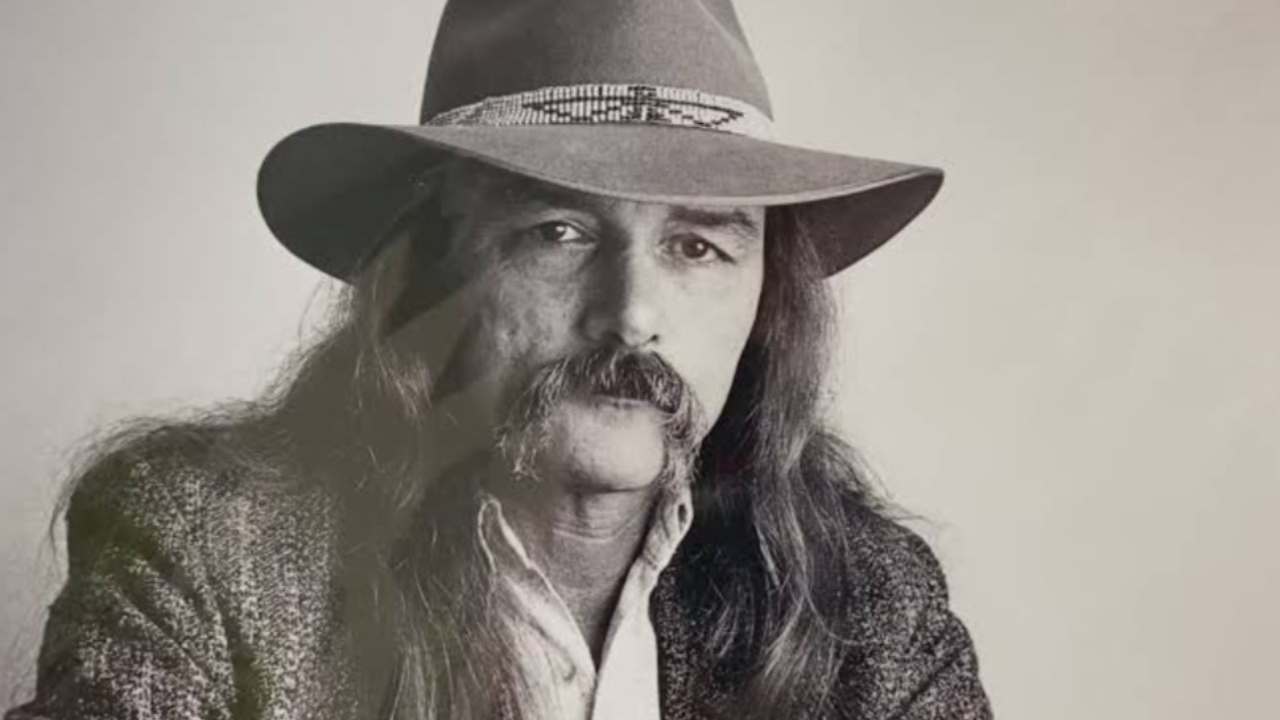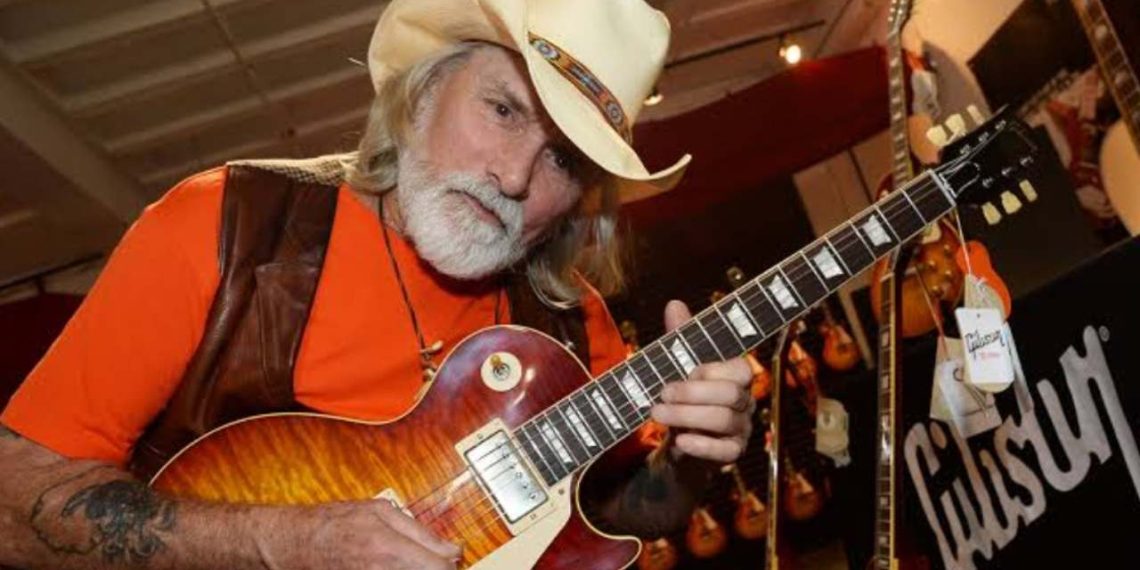Allman Brothers Band co-founder, singer, and guitarist Dickey Betts passed away on Thursday morning (April 18) at the age of 80 after battling cancer and chronic obstructive pulmonary disease, as reported. His family confirmed his passing on his Instagram account.
“It is with profound sadness and heavy hearts that the Betts family announce the peaceful passing of Forrest Richard ‘Dickey’ Betts (December 12, 1943 – April 18, 2024) at the age of 80 years old.
The legendary performer, songwriter, bandleader and family patriarch was at his home in Osprey, Florida, surrounded by his family. Dickey was larger than life, and his loss will be felt worldwide.

At this difficult time, the family asks for prayers and respect for their privacy in the coming days. More information will be forthcoming at the appropriate time.”
The band itself also shared a tribute to Betts on its Instagram account after the news broke.
“He was passionate in life, be it music, songwriting, fishing, hunting, boating, golf, karate or boxing,” the band shared, noting that Betts had written some of their “quintessential” songs, including “Jessica” and “Rambling Man.”
“Dickey was all in on and excelled at anything that caught his attention. … Play on Brother Dickey, you will be forever remembered and deeply missed.”
A vital contributor to the Allman Brothers’ distinctive Southern rock sound, Dickey Betts became an integral part of the band’s formation in 1969, alongside brothers Gregg and Duane Allman.
Transitioning from their previous band, the Allman Joys, Betts joined forces with drummers Butch Trucks and Jaimoe, and bassist Berry Oakley, with whom he had previously played in the Second Coming.
Betts not only provided lead guitar but also shared vocal duties with Duane and Oakley initially, until Gregg Allman assumed the role of lead singer and primary songwriter.
While Betts didn’t receive songwriting credits on the band’s self-titled debut album in 1969, he made significant contributions to their subsequent album, Idlewild South.
Notably, Betts penned the uplifting acoustic opener “Revival” and crafted “In Memory of Elizabeth Reed,” a signature extended jam that showcased the band’s improvisational prowess and Betts’ jazz influences.
The Allman Brothers’ groundbreaking 1971 live album, At Fillmore East, further solidified Betts’ role in shaping their sound.
The album featured an electrifying 13-minute rendition of “In Memory of Elizabeth Reed,” highlighting Betts’ jazz and Western swing influences.

Alongside this showcase, the album boasted a dynamic 22-minute performance of “Whipping Post,” underscoring the band’s reputation for innovative and unpredictable live performances.
Amidst the Allman Brothers’ rising success, tragedy and substance abuse plagued the band in the early 1970s. Both Duane Allman and Berry Oakley sought rehabilitation in 1971, but Duane’s life was cut short at the age of 24 in a motorcycle accident shortly thereafter.
Oakley, devastated by Duane’s death, met a similar fate a year later when he crashed his motorcycle into a bus, just blocks away from where Duane had his fatal accident.
Despite the turmoil, the band persevered, releasing the iconic hybrid studio-live album, Eat a Peach, in 1972. This album featured timeless blues covers like “One Way Out” and “Trouble No More.”
Dickey Betts, in particular, made his mark with the composition and lead vocals of “Ramblin’ Man,” the band’s sole top 10 Billboard Hot 100 single, reaching No. 2 on the chart.
He continued to contribute his talent to the band, showcasing his prowess on lead and slide guitar and providing lead vocals on tracks for the 1975 album Win, Lose or Draw.




